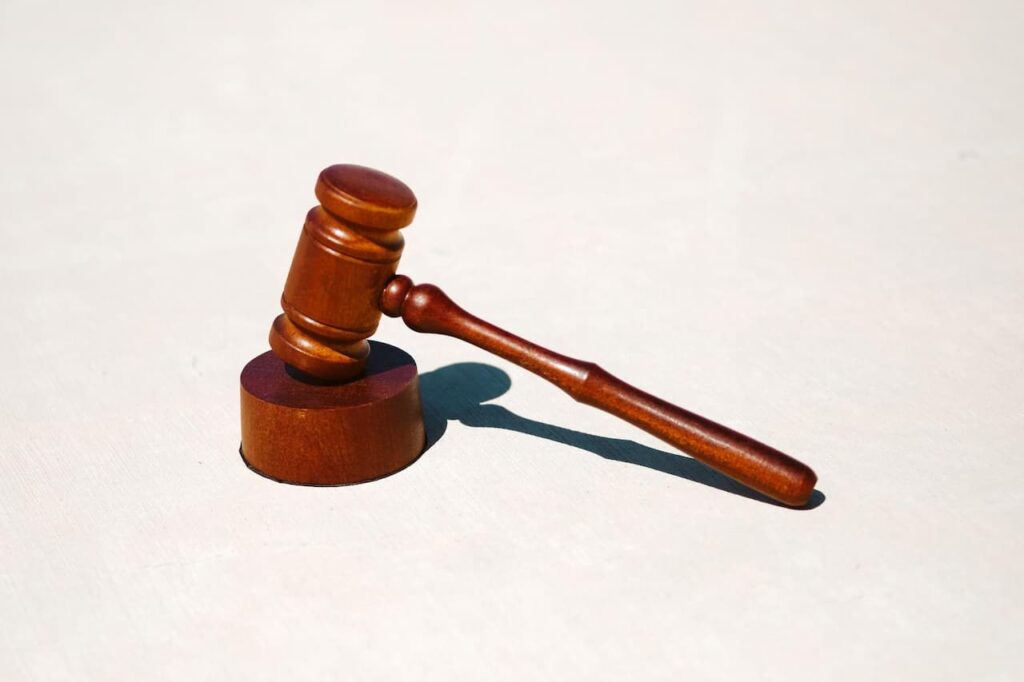Regulations are an indispensable part of almost any section and area of our daily lives. Be it an education system, employment procedures, or environmental protection; we need a clearly defined set of policies to follow for a better result. These specific laws and rules implemented by the government save the entire society from falling into deep chaos and inject a sense of responsibility and respect into people. And entertainment laws are no exception.
Everything from movie production, song recording/release, and TV programs to gambling and the online casino industry is regulated by laws. When you play your favorite Ultra Hot Slot Machine or watch the recent trendy movie in your leisure time, you probably don’t even think about the regulations applying to them. And it’s normal not to go deep down into the details when you just want to enjoy your free time without extra complications. However, the situation is different if you are related to the entertainment industry yourself. In this case, knowing all the ins and outs of all entertainment laws is more than important to protect your rights in a legal way whenever needed.
Here let’s talk about what entertainment laws are, how they work, and what is so special about them.
General Introduction to Entertainment Law: Definition and Specifics
In a few words, entertainment law includes anything regarding the application of employment, intellectual property, and contract law principles to the interactions that happen between members of the entertainment industry.
Attorneys and other legal experts who work in this particular area of the law are normally engaged in one of two following activities:
- People hire them to structure deals that are beneficial to them.
- They get hired to protect the interests of their clients if the deals go bad.
Individuals from the entertainment industry who claim proprietary rights to television programs, motion pictures, music, and any other forms of entertainment can also seek the assistance of an attorney to protect their rights from possible infringement.
Another example where you can clearly see the significance and need for entertainment laws and regulations is the increasingly evolving gambling industry. Today, a vast number of gaming providers and online casinos make their way to the industry. As such, the need to filter all the platforms and make the players’ experience safe and reliable leads many countries to adopt specialized laws to regulate the industry. It means you can load and spin the reels of top PlayFortune free 3 reel slots without worrying about your security.

What’s the Role of Entertainment Law?
Legal problems can arise at any phase in the creation of original pieces of work of entertainment. When it reaches the production stage, formal agreements and contracts are required to point out the respective rights of all parties involved in the project. For instance, an actor playing in a commercial, in most cases, will be asked to sign a specific talent release.
This agreement is a legally enforceable document where the actor provides the producer the right to use his name, voice, performance, and likeness in exchange for financial compensation. All terms and points of these and other agreements should be negotiated by the involved parties and checked to ensure they comply with the law.
During the next stages, which include distribution and licensing, any kind of legal issues can pop out in the dealings between the owners of an entertainment work and those who will be distributing it to the public. For instance, the person holding the copyright to a trendy song can enter into a licensing agreement with one of the radio stations. The copyright owner gets a royalty payment whenever the radio plays the song. Such agreements and contracts are essential when protected entertainment works are disseminated through other channels and sources, such as the internet.
In a nutshell, entertainment law has all these kinds of transactions under control and offers protection against unauthorized use.

Contract Disputes: How to Efficiently Solve The Arising Problems?
Disputes, conflicts of interest, and contention can arise at any point in time over the terms and conditions of an entertainment law contract. Informal discussions between the involved parties to a dispute have all the chances to produce a solution that satisfies both parties and saves them a great deal of expense and trouble. However, it’s not a must to directly head over to court to seek a satisfying resolution. The court should be the very last option you can turn to when all other informal negotiations fail to be effective.
Hiring an established attorney who has proven experience in dealing with entertainment issues and disputes and is familiar with the leading players in the industry can be the most suitable and simple way to achieve a compromise. Other appropriate options include mediation, arbitration, and other types of ADR (alternative dispute resolution).
But What If Negotiation Fails?
There is always the slight possibility that negotiations over an entertainment law dispute meet a dead end, and compromise is no longer possible through informal and “friendly” ways. It’s where the need to prosecute an entertainment law case comes to the first plan.
When the actions of the opposite party have caused significant or irreversible harm, filing a lawsuit can be the only suitable option to obtain compensation.
After listening to both parties and carefully evaluating the caused damages, juries will make a verdict and determine who is to blame. When the lawsuit ends, they will award damages to the wronged party. However, in most cases, the chances of winning at trial depend to a large degree upon the professionalism and skill of the lawyer leading the case.
Presenting a law case to court members requires a particular kind of advocate. In order to proceed successfully, an attorney should have a courtroom manner, a strong understanding of the legal rules, and a solid knowledge of the current entertainment industry.